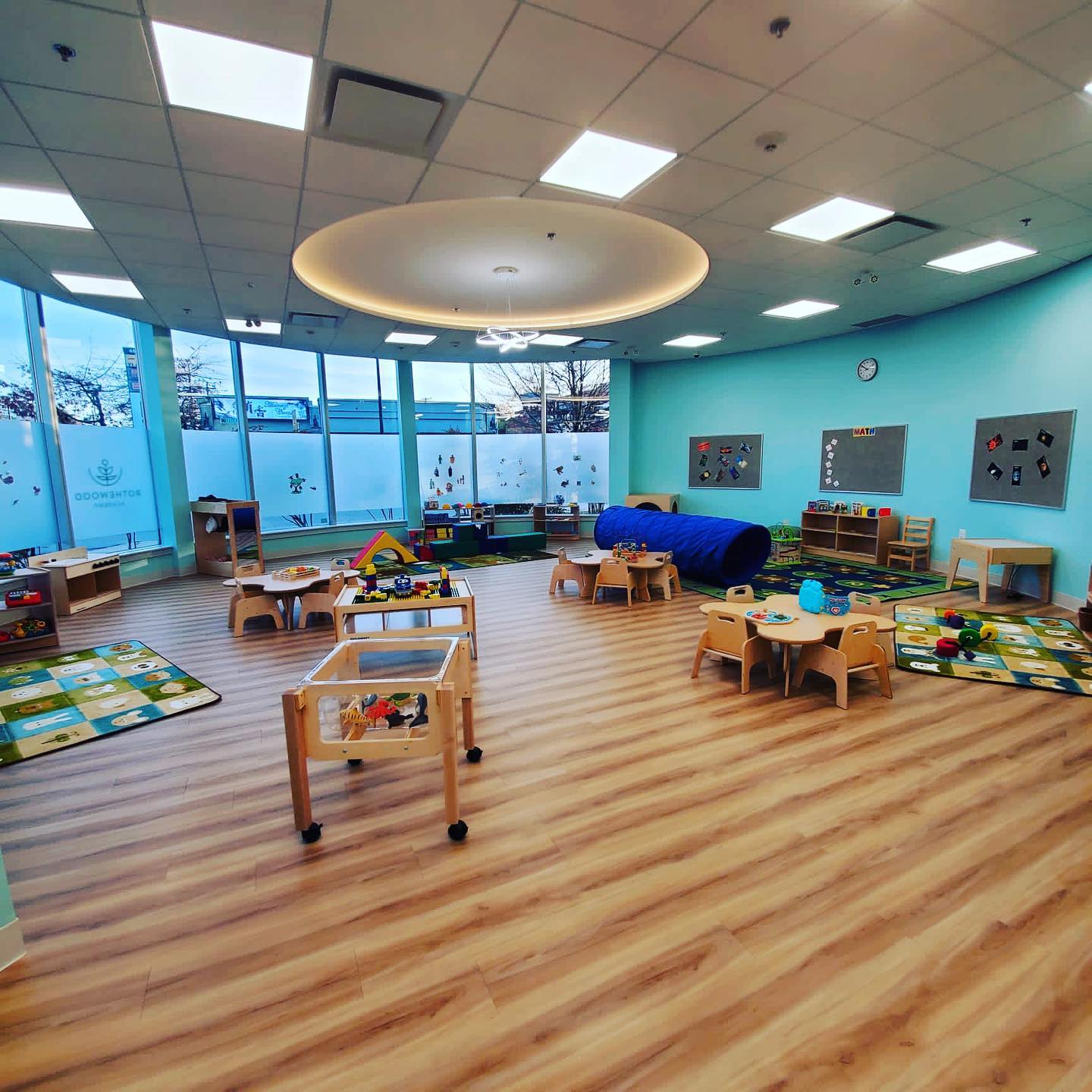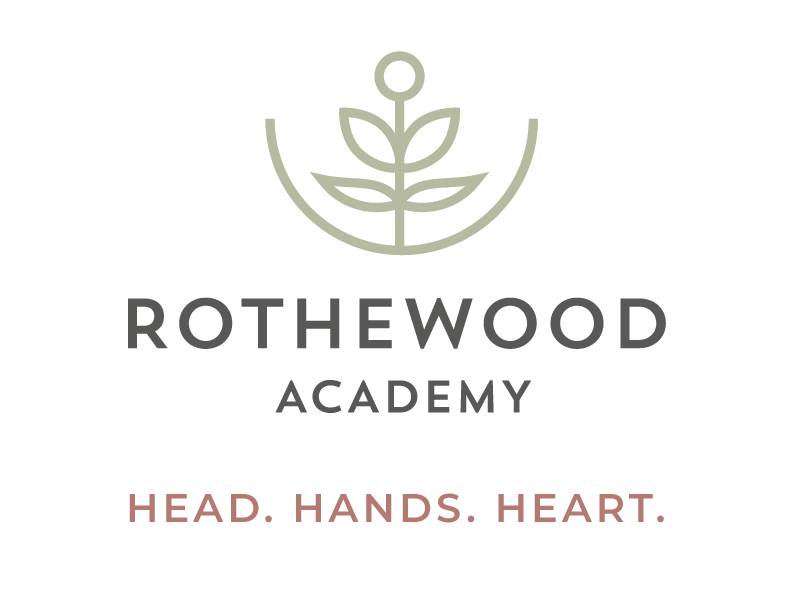16 May 2025
How Learning Styles Differ in Young Children
Understanding Individual Approaches to Learning in the Early Years Every child experiences the world in their own unique way— and… Continue reading How Learning Styles Differ in Young Children
Understanding Individual Approaches to Learning in the Early Years
Every child experiences the world in their own unique way— and that includes how they learn. At Rothewood Academy, we understand that recognizing the different learning styles in young children helps create a joyful, engaging environment that supports healthy development during the most critical years of brain growth.
In fact, by the time a child turns five, their brain has completed nearly 90% of its development. These early years are when the foundational connections for skills like motivation, self-regulation, communication, and problem solving are formed. That’s why understanding and adapting to each child’s learning style is such an important part of our daycare learning styles approach.
What Are Learning Styles?
Learning styles refer to the preferred ways children absorb, process, and retain information. Some well-known styles include:
- Visual learners understand best through images, diagrams, and observation.
- Auditory learners respond well to sounds, music, storytelling, and discussion.
- Kinesthetic learners learn by doing—touching, moving, building, and exploring.
- Reading/writing learners thrive when they can interact with written words.
Other frameworks, like the Honey & Mumford model, group learners as Reflectors, Theorists, Pragmatists, or Activists, each with different ways of engaging with material.
At Rothewood, we don’t treat these styles as fixed categories. Instead, we see them as helpful indicators—tools that can guide us in providing variety, flexibility, and deeper engagement.
Why Learning Styles Matter in Early Childhood
Understanding a child’s learning style helps make learning enjoyable, meaningful, and aligned with their strengths. But that doesn’t mean limiting them to one mode. According to the research shared in Make It Stick: The Science of Successful Learning, learners benefit from drawing on a range of methods and experiences. Multimodal instruction— where children are exposed to a blend of visual, auditory, tactile, and verbal experiences— has been shown to enhance understanding and retention.
At Rothewood Academy, we believe the best approach is to “go wide”: offer children many different ways to connect with a concept, while noticing which ones they respond to most naturally. This not only supports brain development—it empowers children to find strategies that work best for them.
How We Support Different Learning Styles at Rothewood
- Personalized learning plans tailored to the child’s needs and interests
- Multi-sensory environments with materials for seeing, hearing, touching, and moving
- Hands-on activities and collaborative play to support kinesthetic and social learning
- Storytelling, music, and discussion for auditory learners
- Visual aids and creative expression to support children who learn through sight and design
- Freedom of choice—giving children options for how they explore and express ideas
By observing how each child engages with the world, our educators shape lessons that feel personal, relevant, and fun— maximizing both their development and confidence.
The Rothewood Difference
If you’re exploring daycare learning styles in Richmond, Surrey, or White Rock, we’d love to show you how our tailored, child-first approach supports every learner. By embracing different learning styles—and exposing children to a variety of them—we nurture not just knowledge, but the lifelong joy of discovery.
Book a tour today and learn how Rothewood can support your child’s unique learning journey.


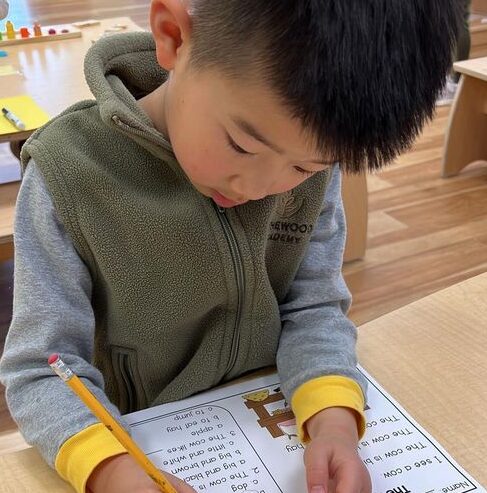
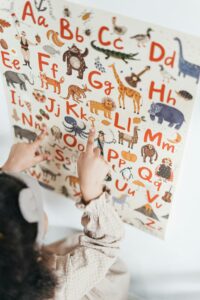
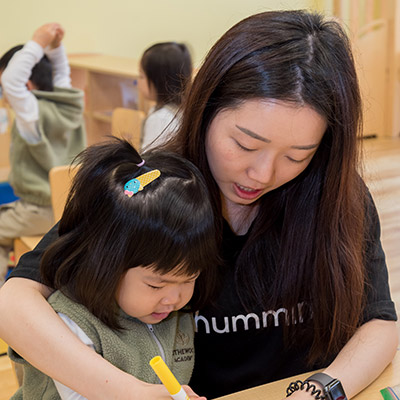
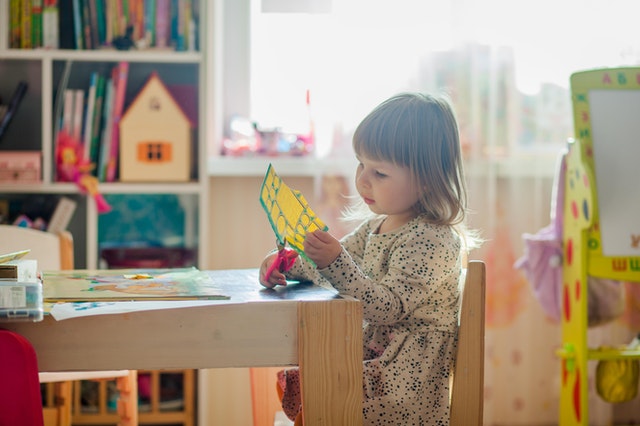
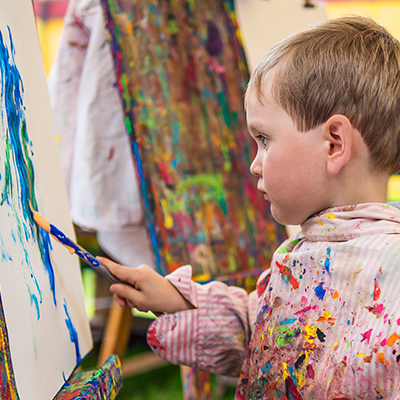
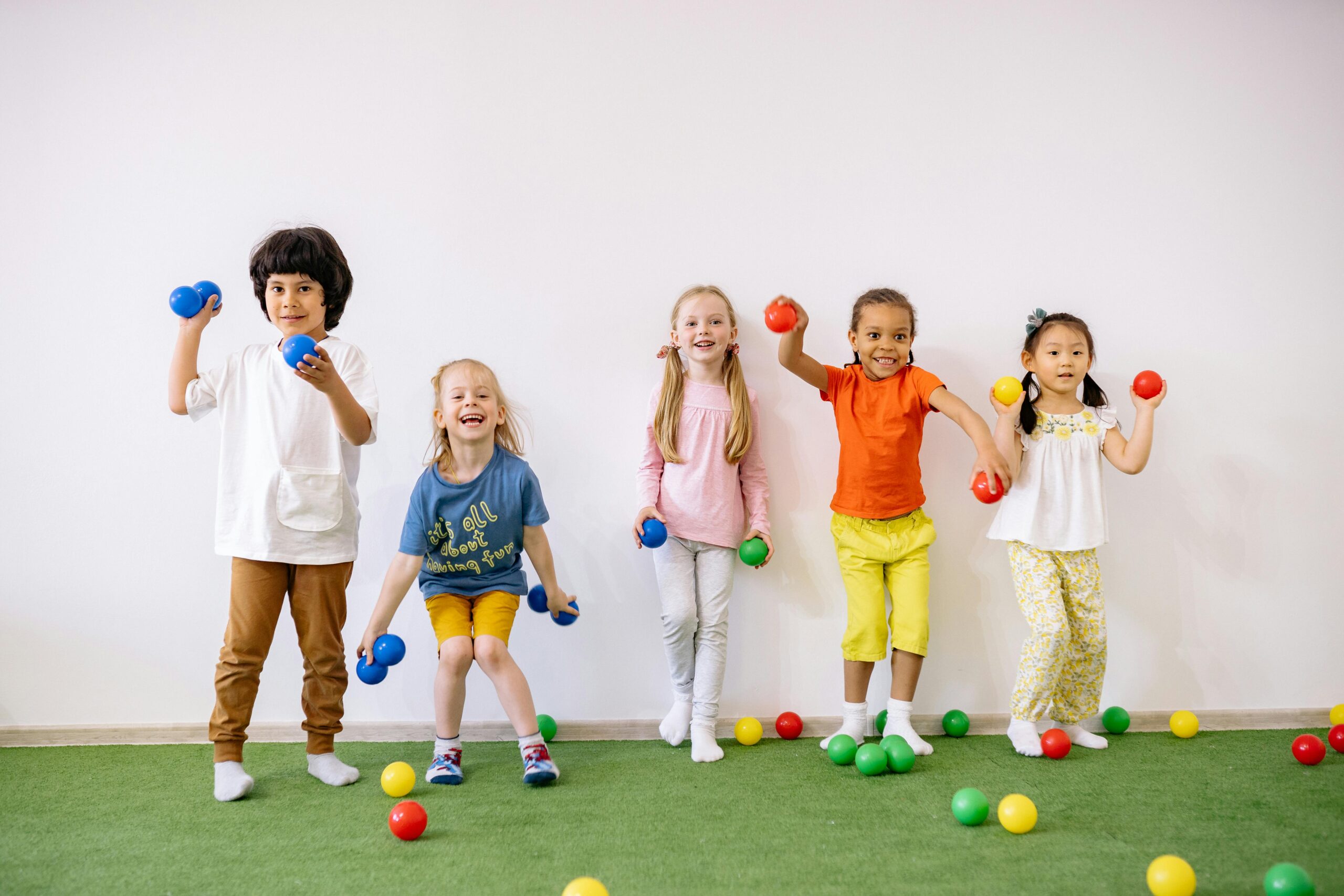
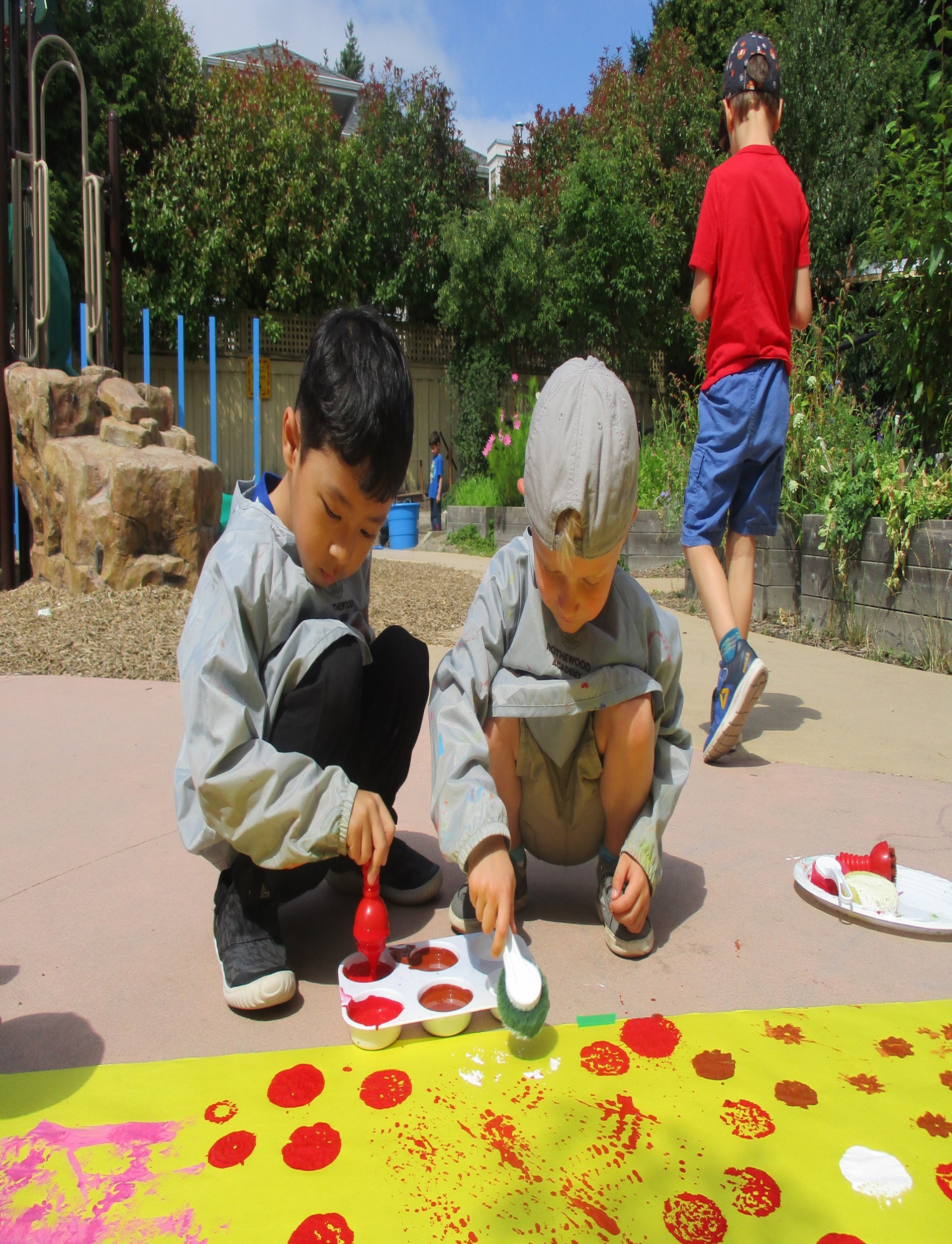
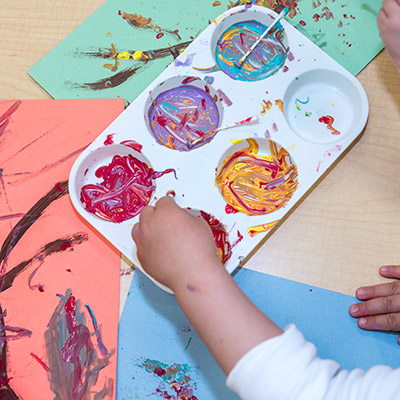
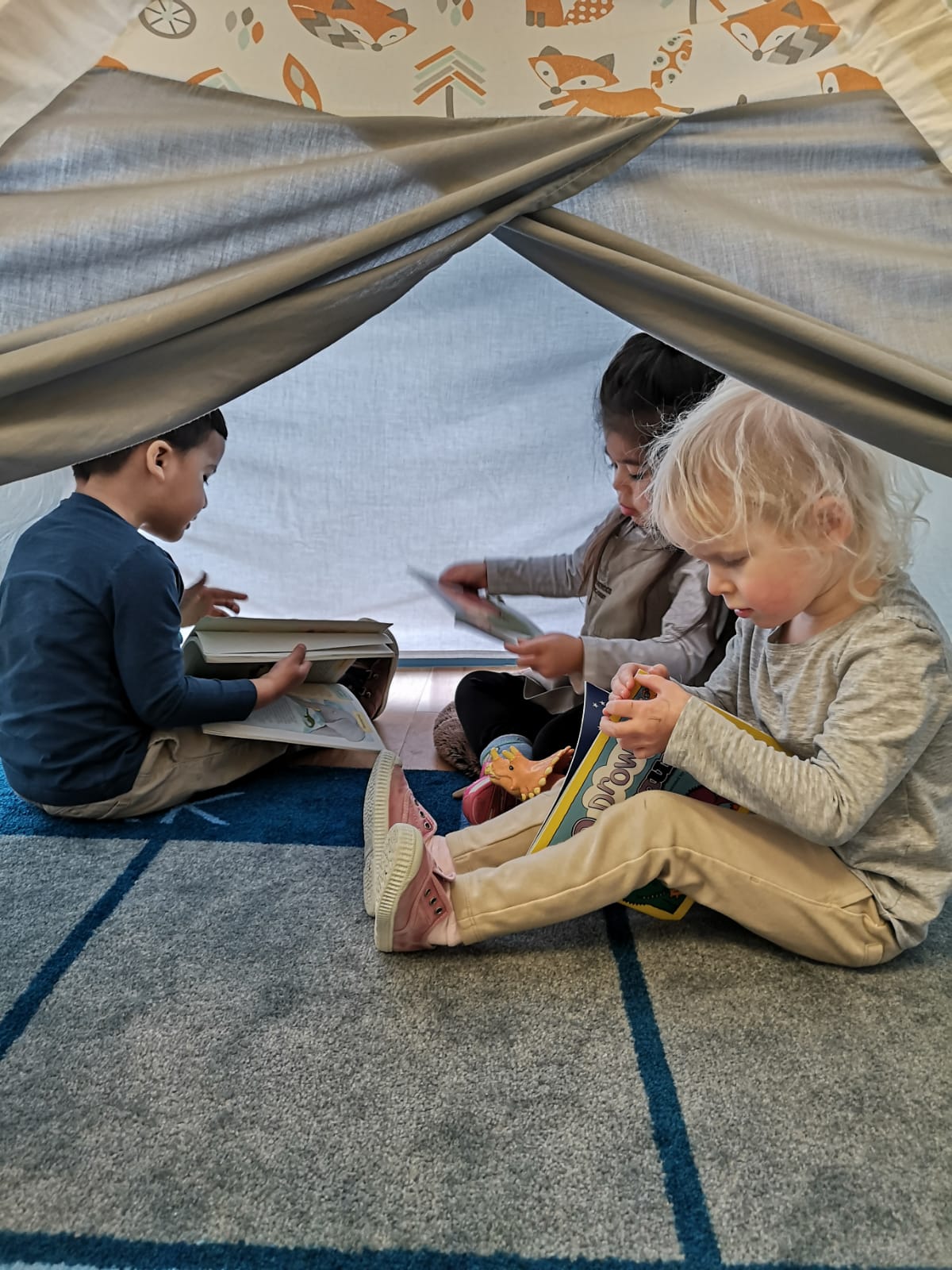


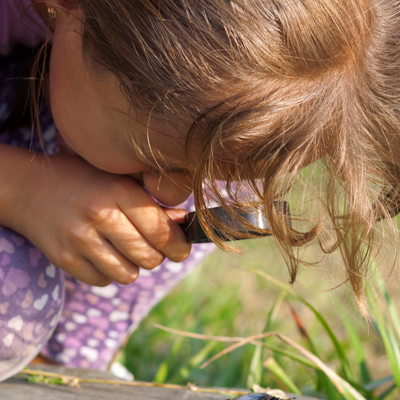

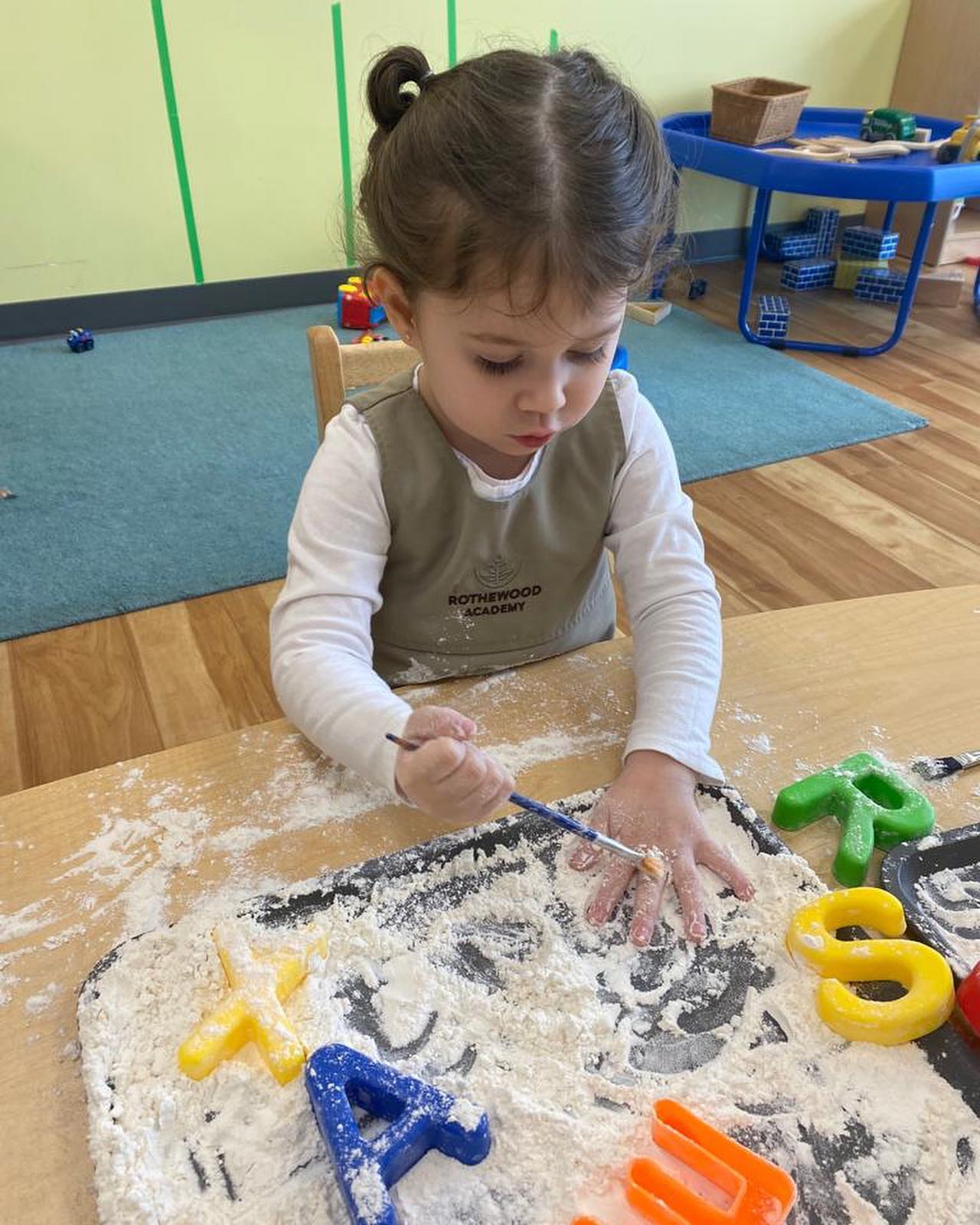


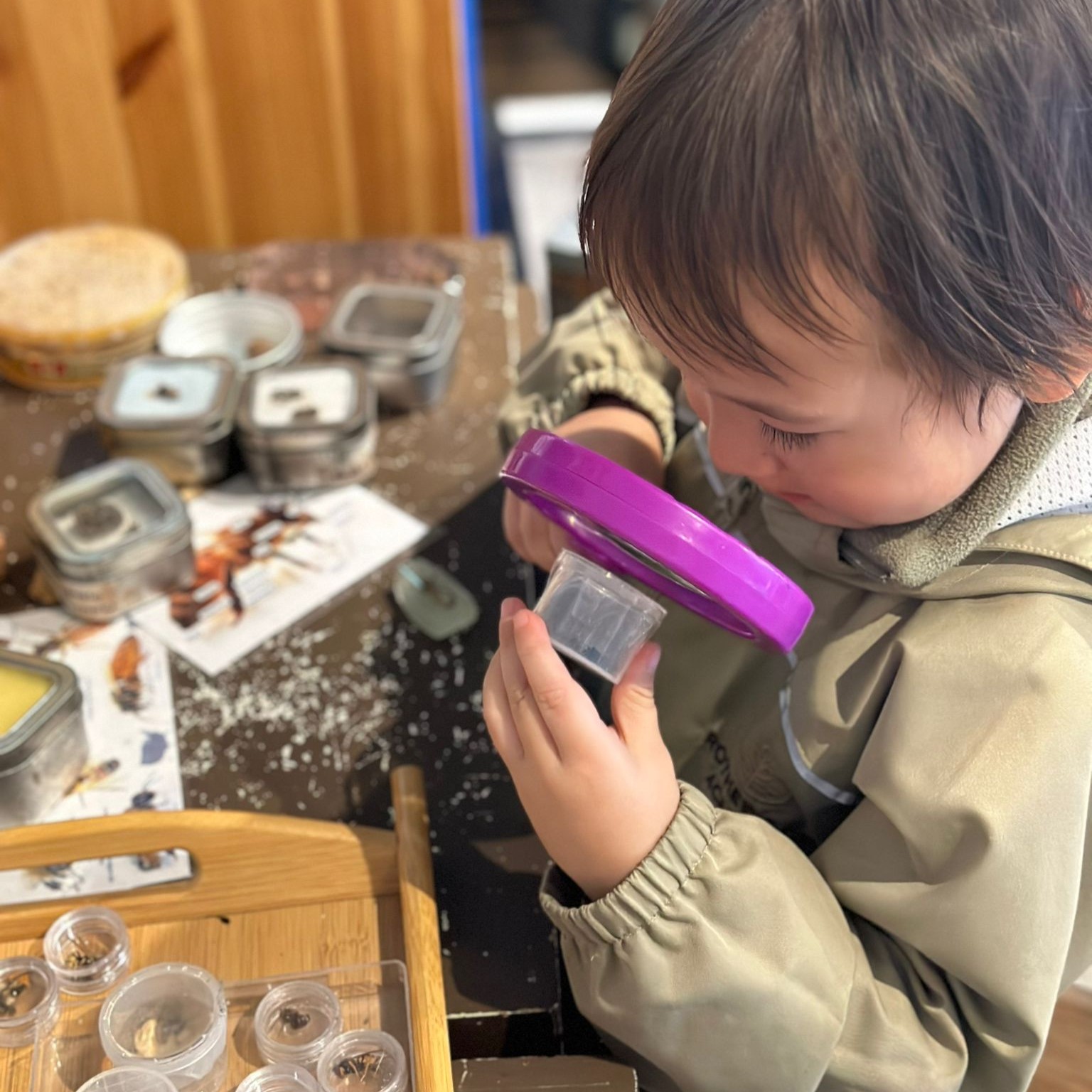

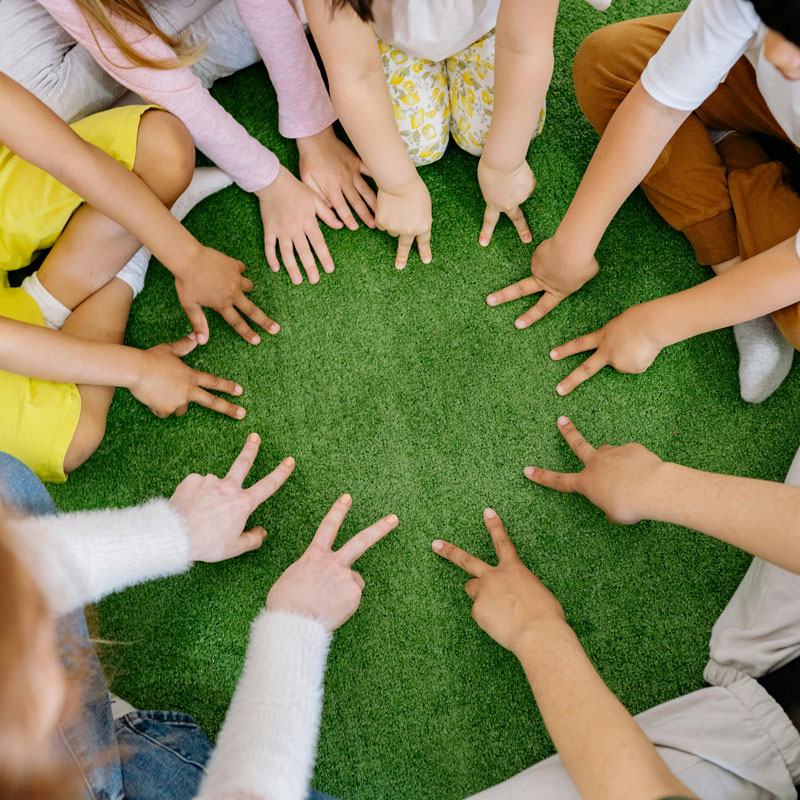
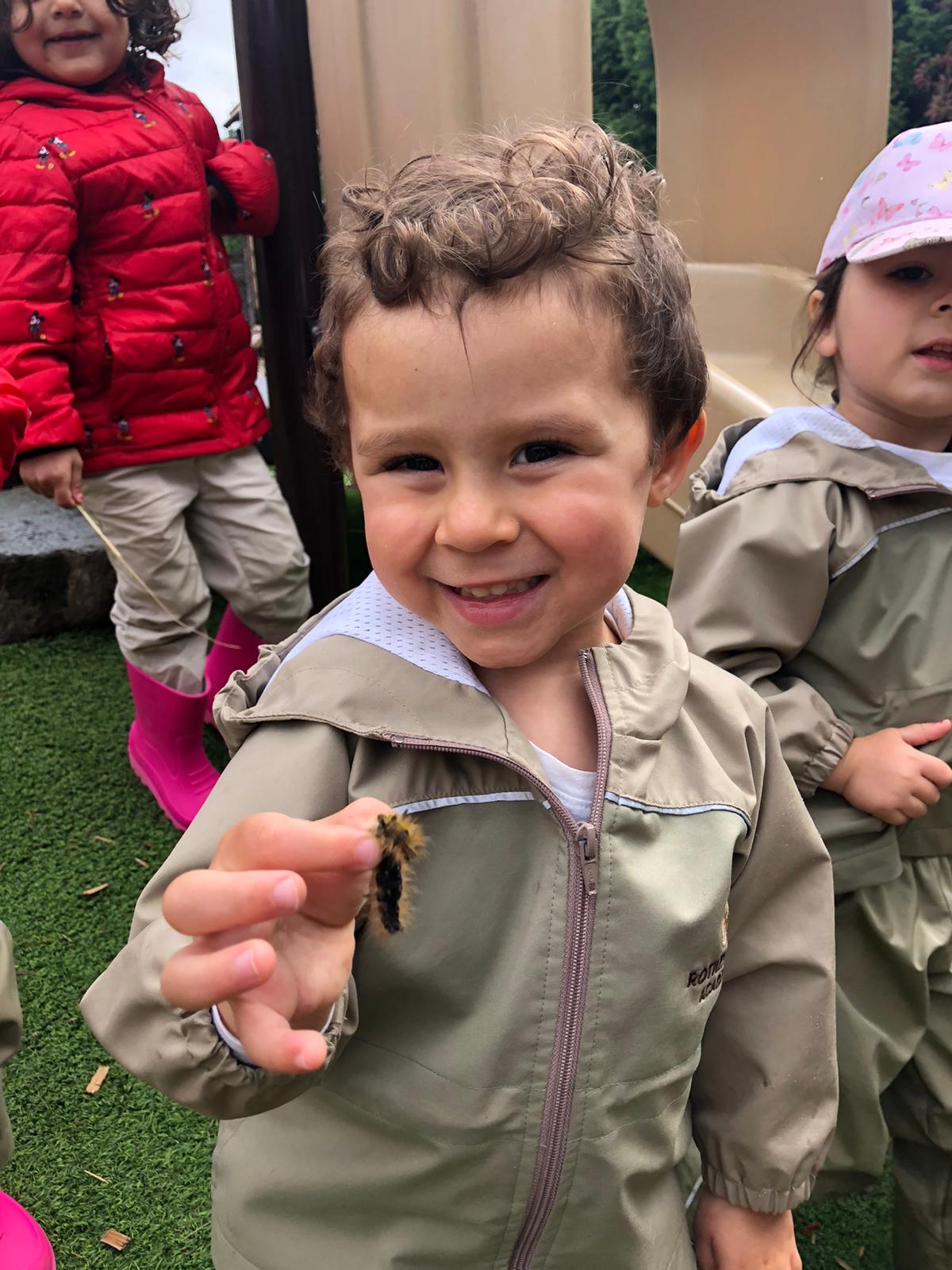
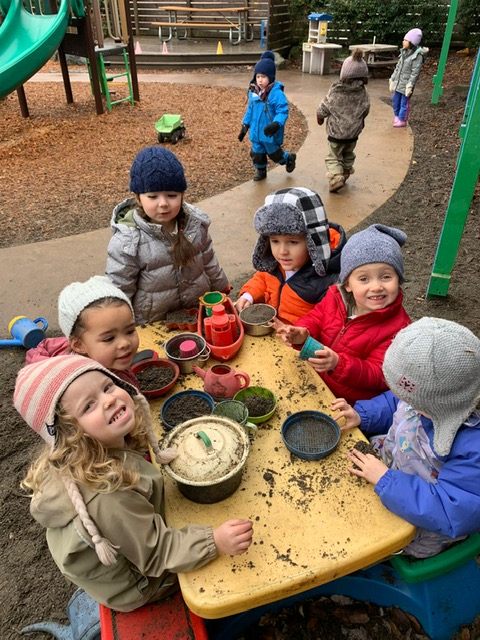
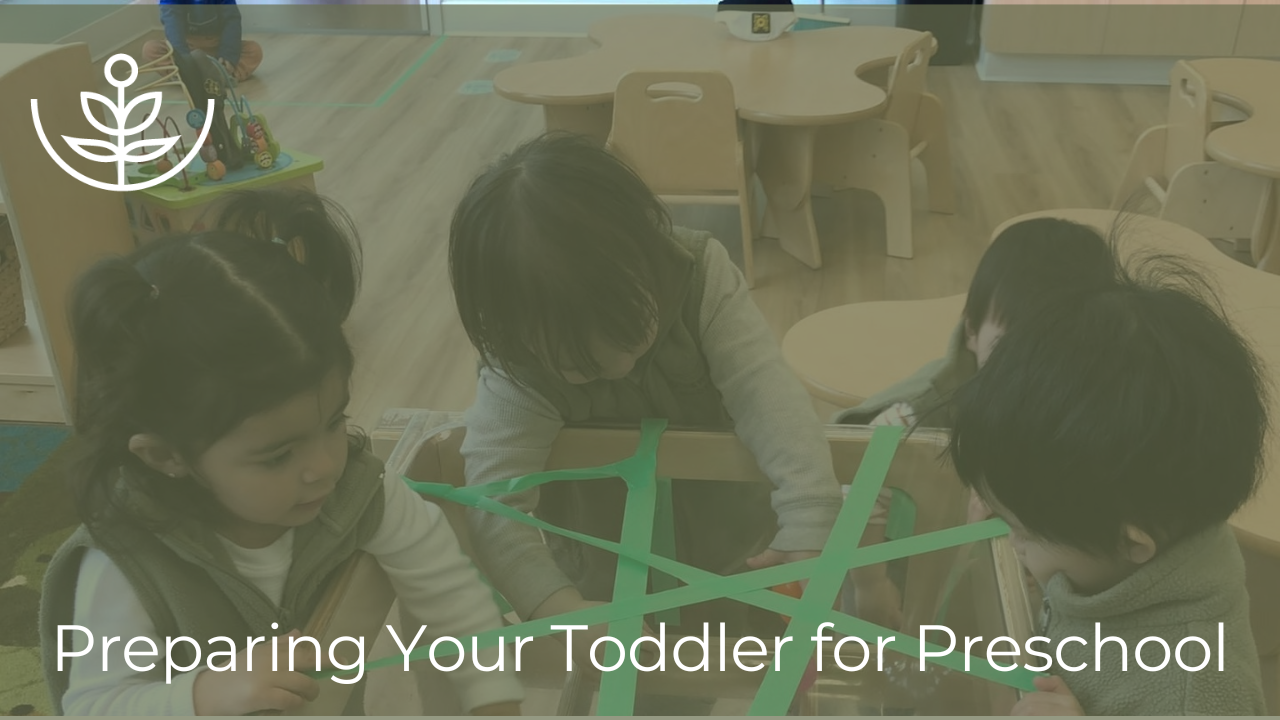

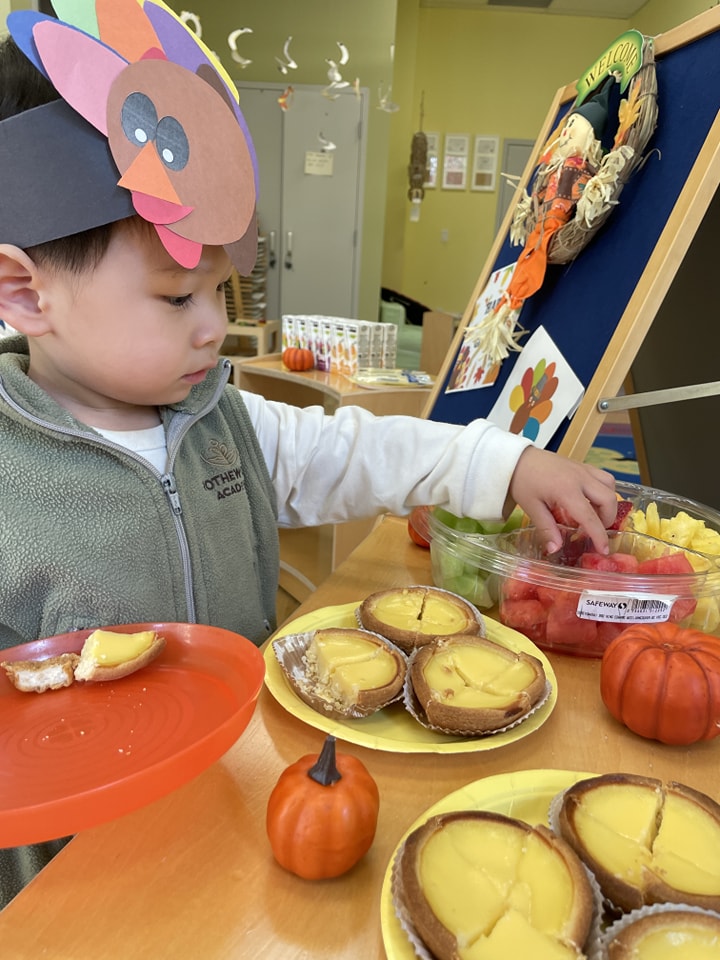
 Children need balanced, nutritious and wholesome diets to give them the energy to grow, strengthen their immune systems, and prevent disease and malnutrition. Understanding what your preschool child should eat is crucial. It can help you plan their meals, teach them about healthy eating and prepare them for the independence that comes with going to kindergarten. At Rothewood Academy, we understand that healthy eating is essential for a child’s development, and we take dietary matters seriously. Our
Children need balanced, nutritious and wholesome diets to give them the energy to grow, strengthen their immune systems, and prevent disease and malnutrition. Understanding what your preschool child should eat is crucial. It can help you plan their meals, teach them about healthy eating and prepare them for the independence that comes with going to kindergarten. At Rothewood Academy, we understand that healthy eating is essential for a child’s development, and we take dietary matters seriously. Our 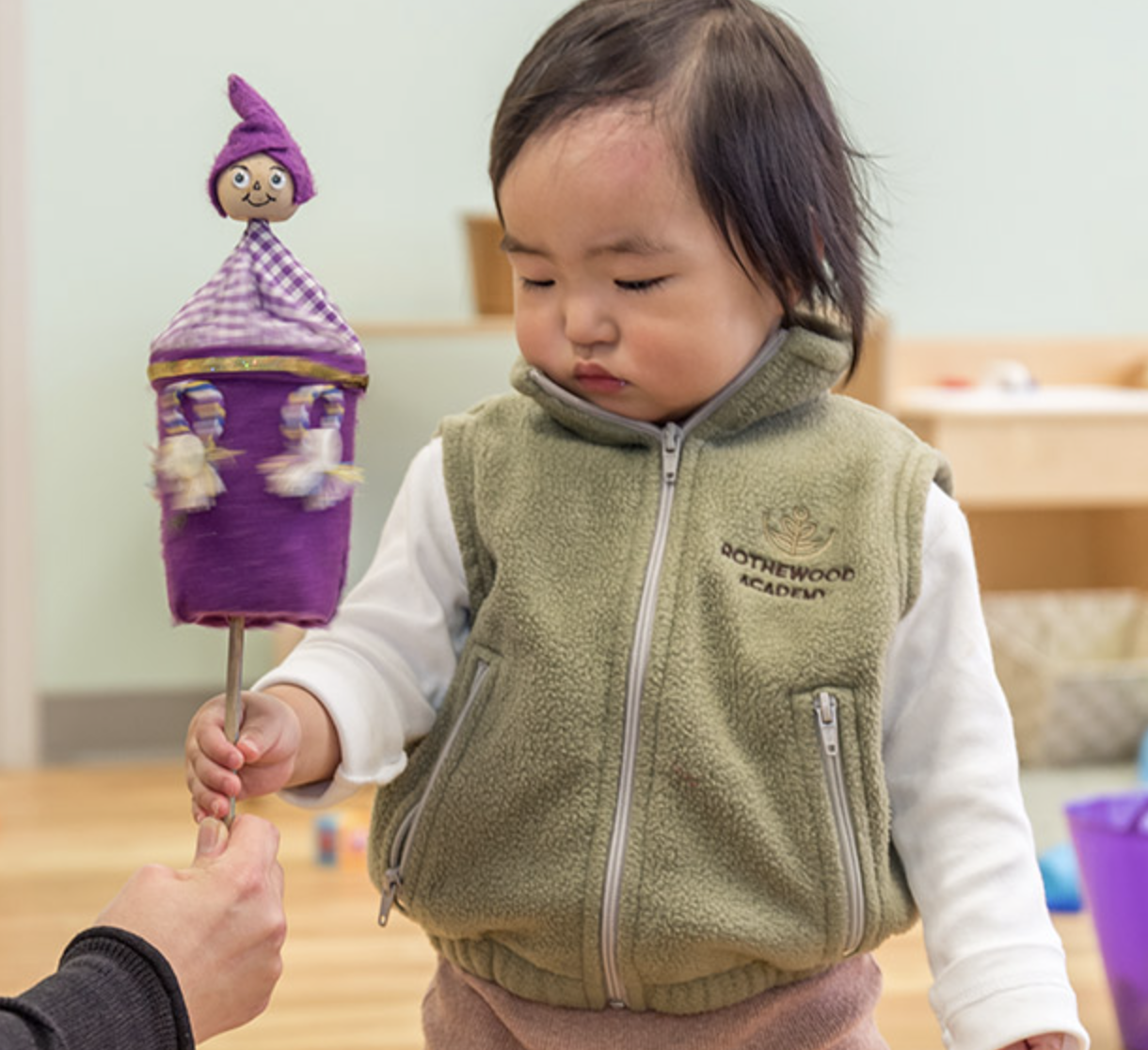

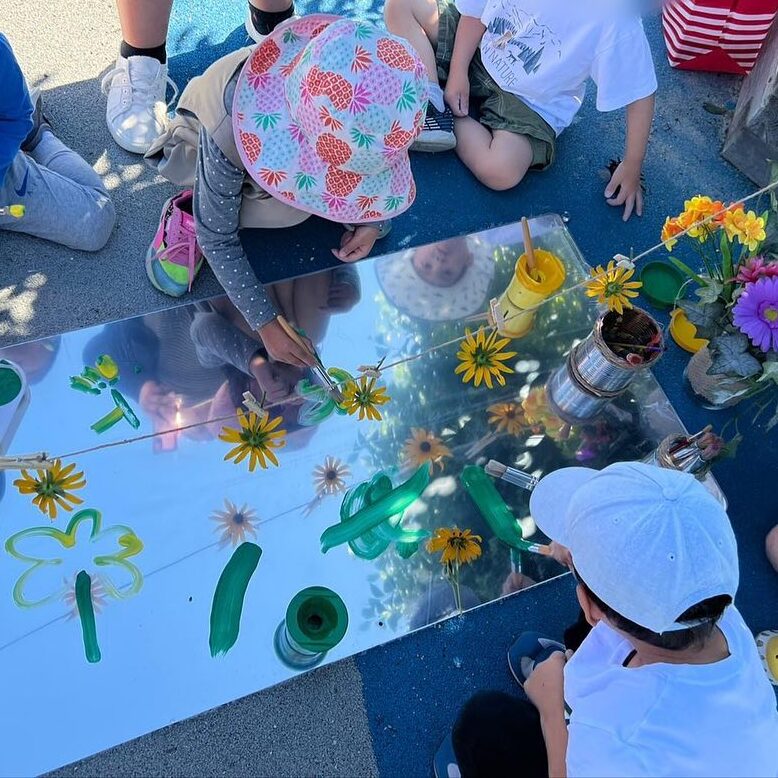
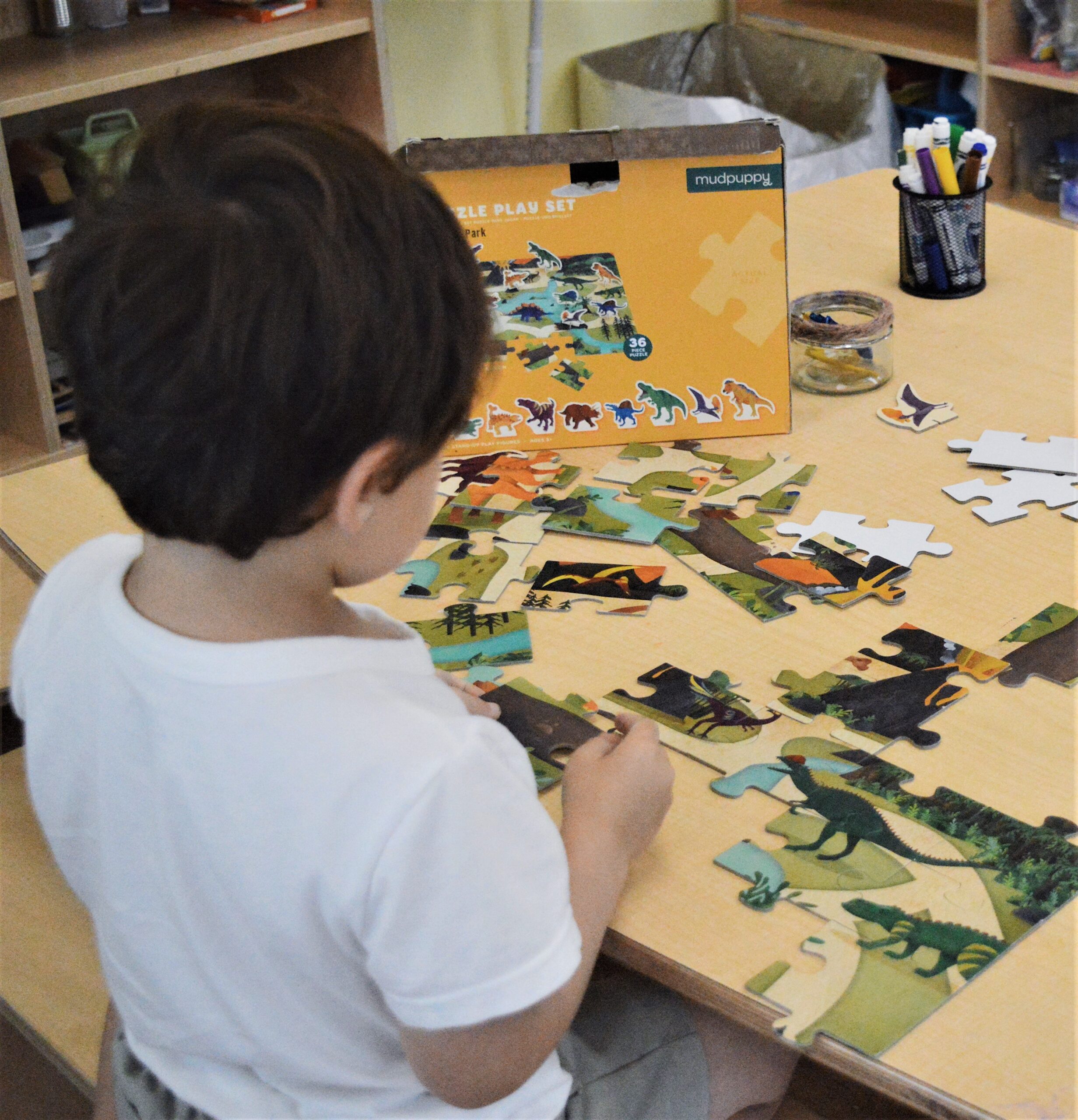
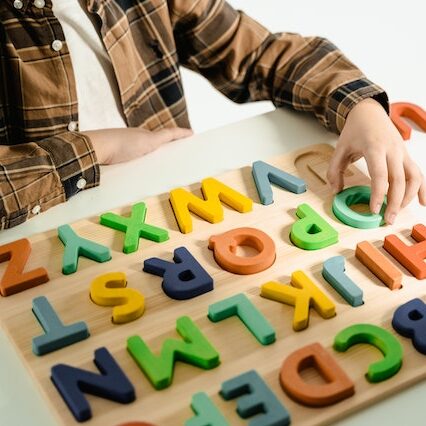
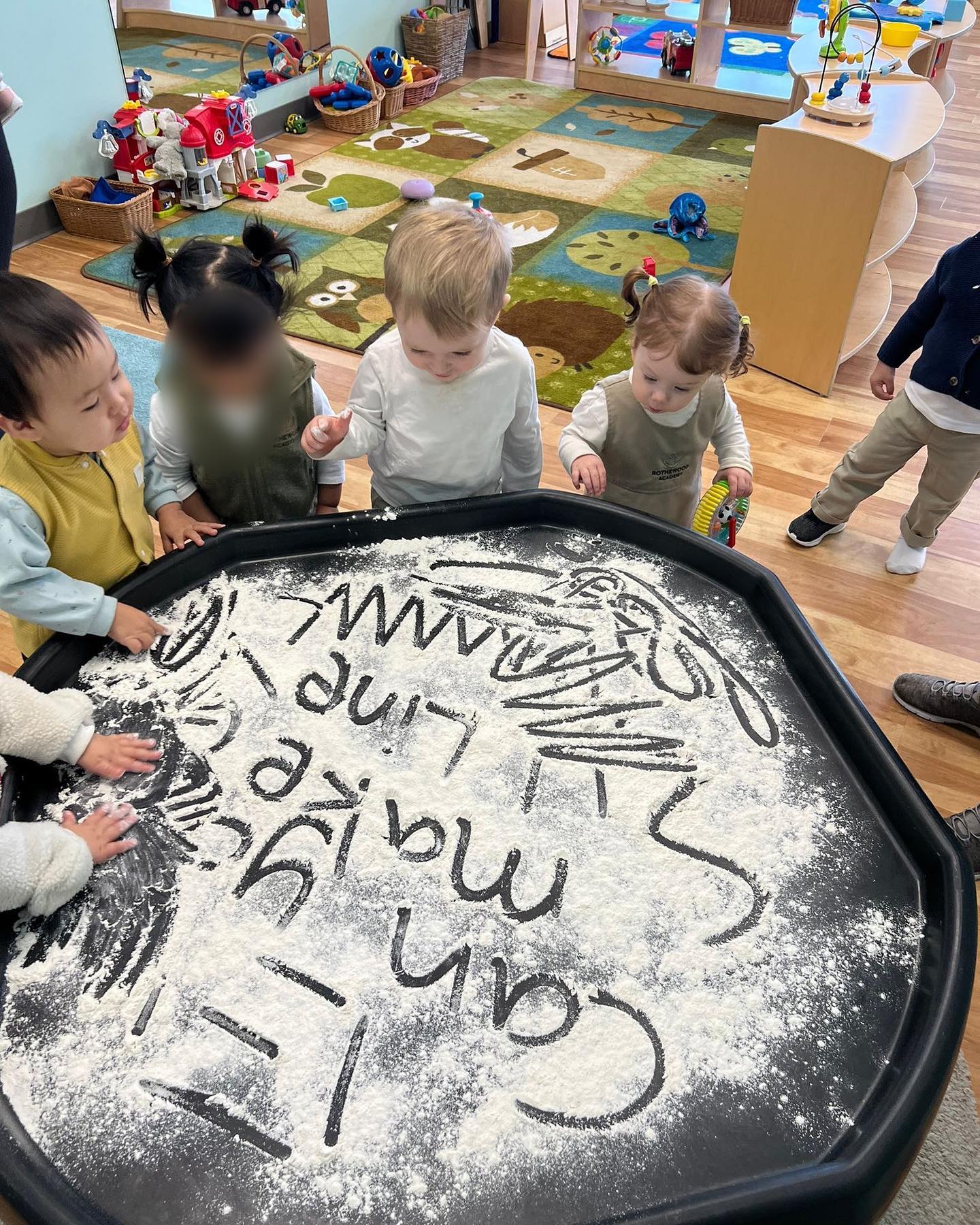
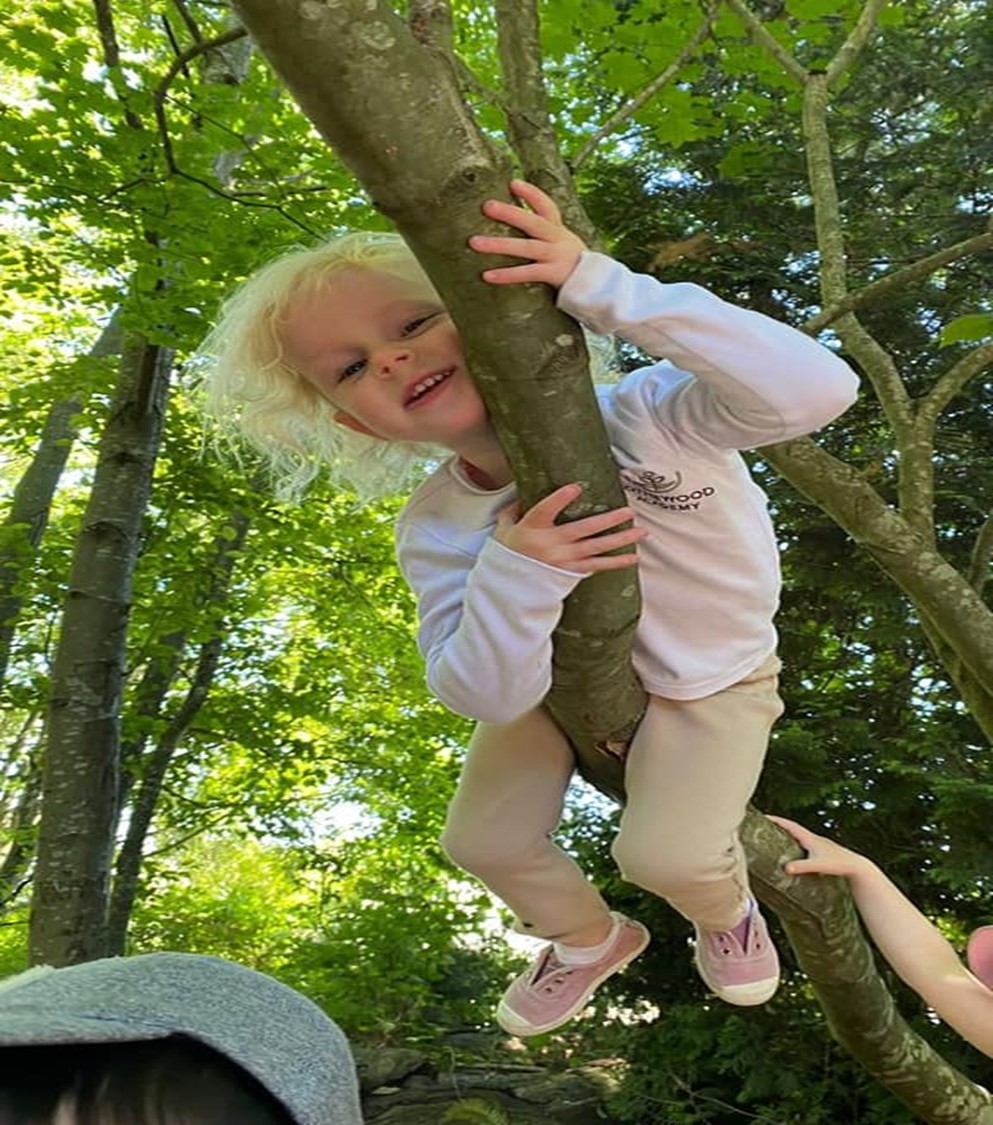
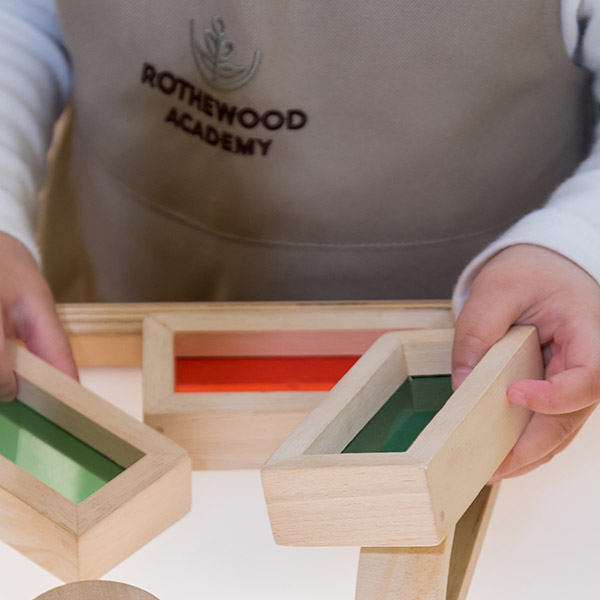

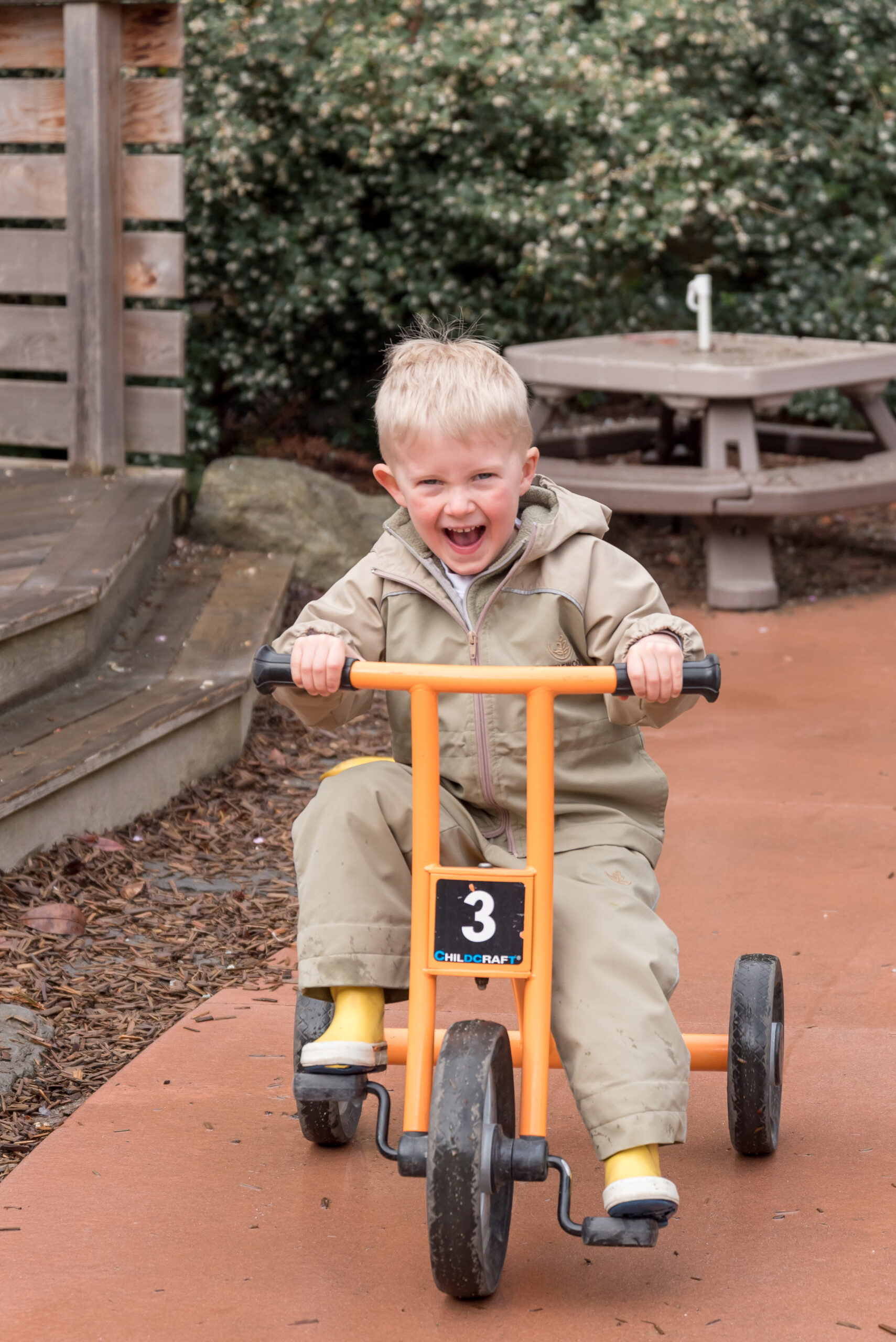
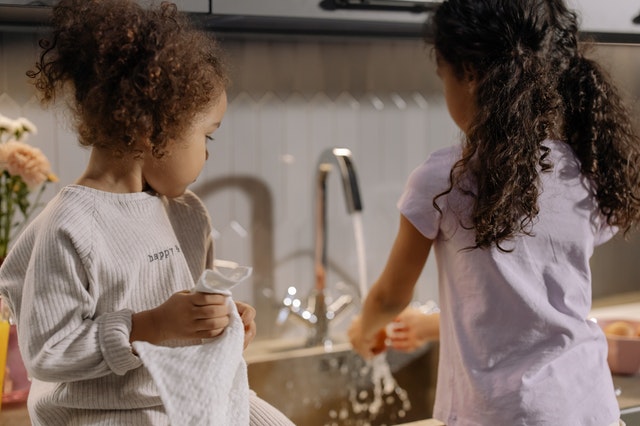


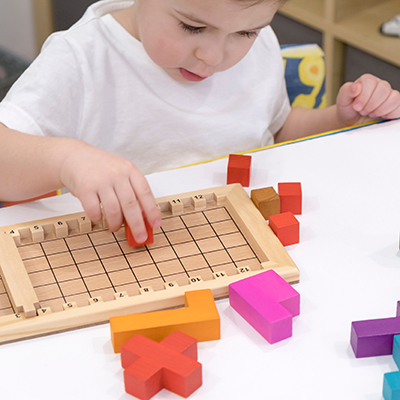

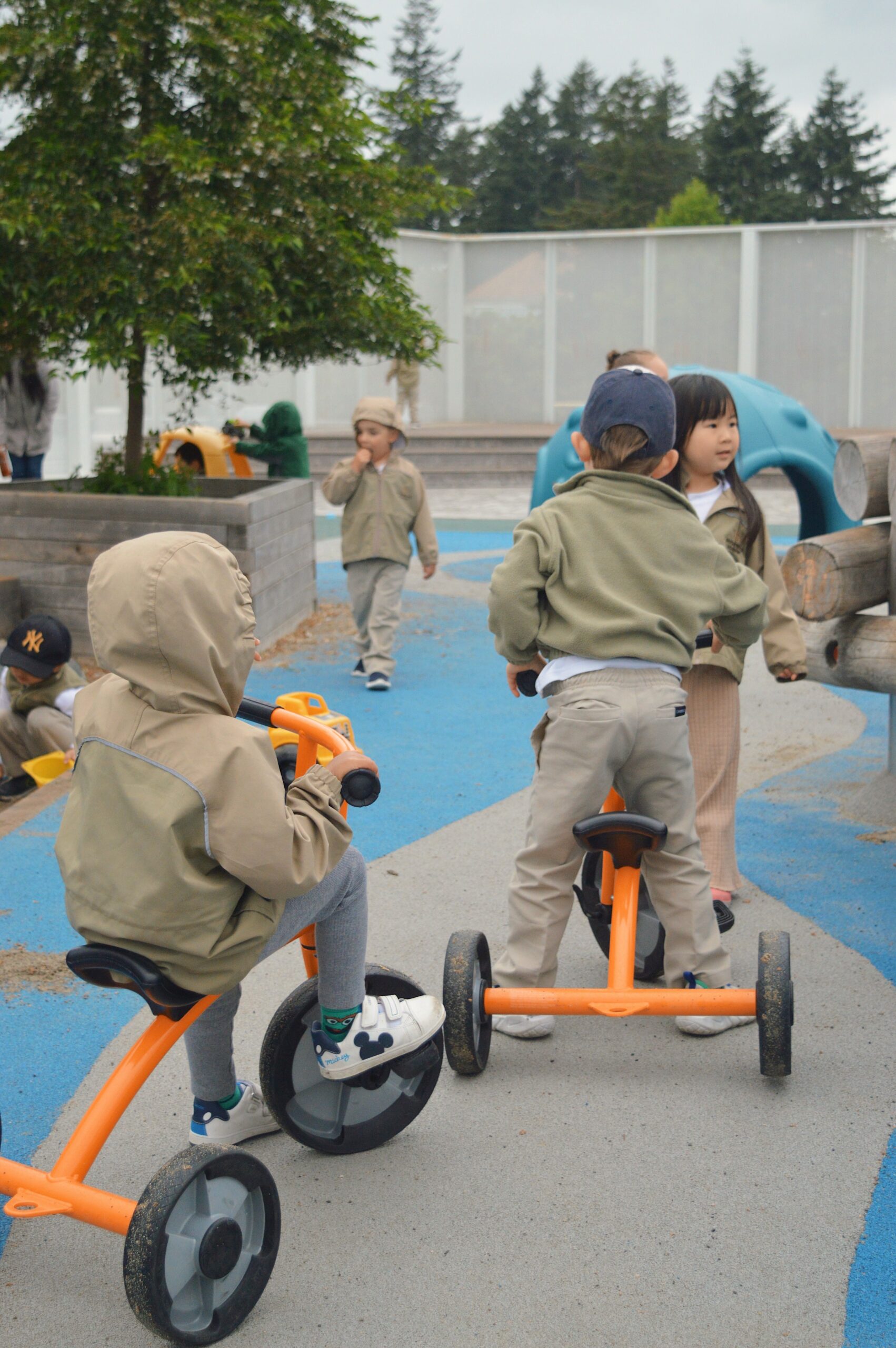
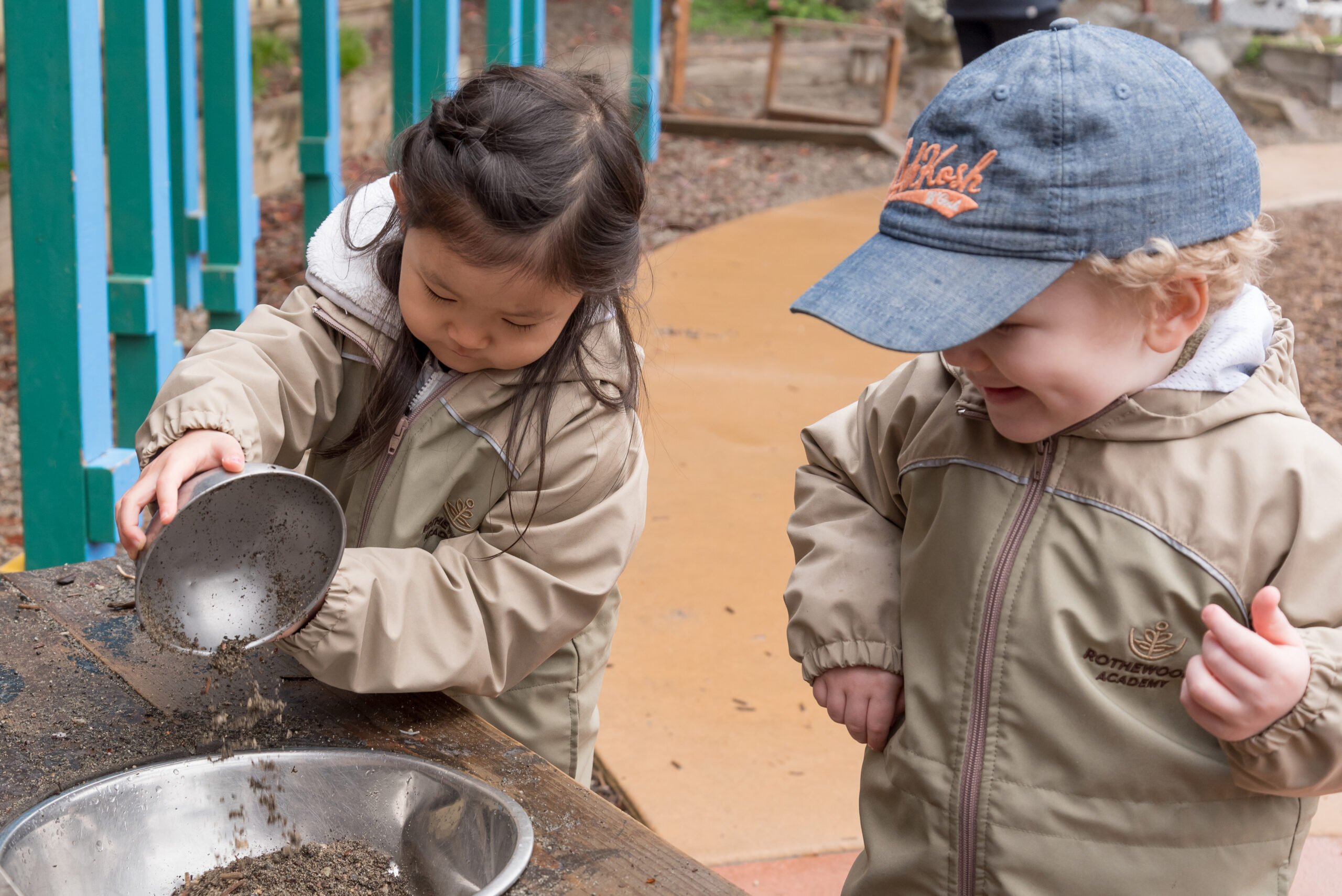
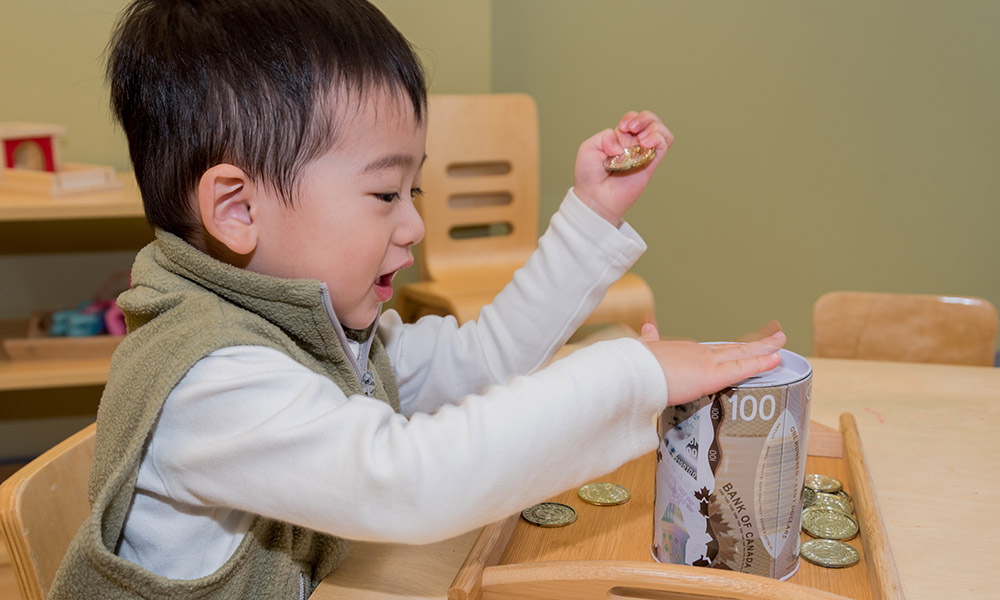

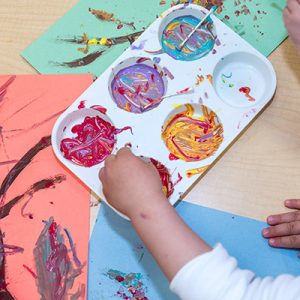 (especially darker blues) can dampen your baby’s spirit.
(especially darker blues) can dampen your baby’s spirit.

